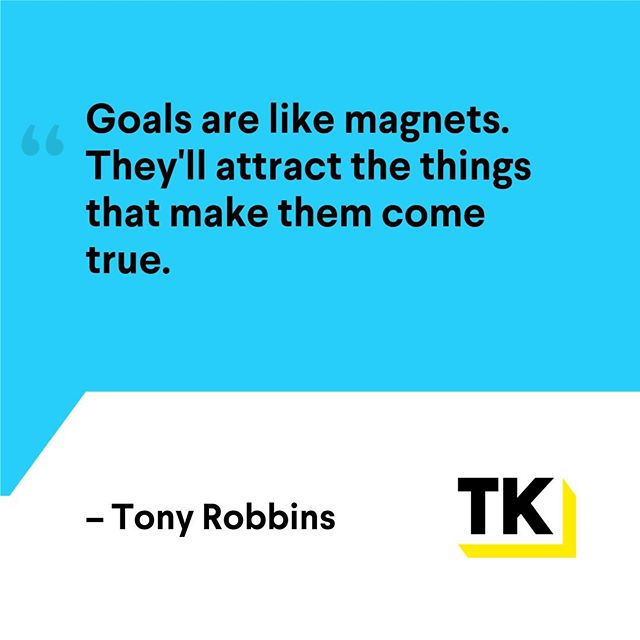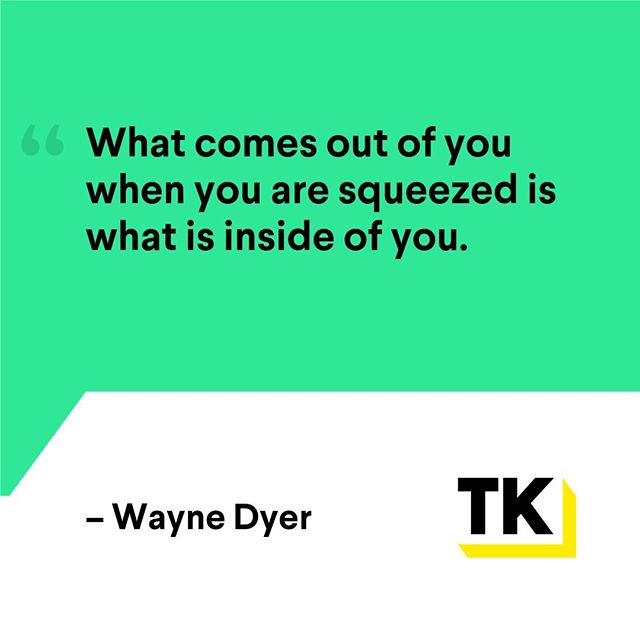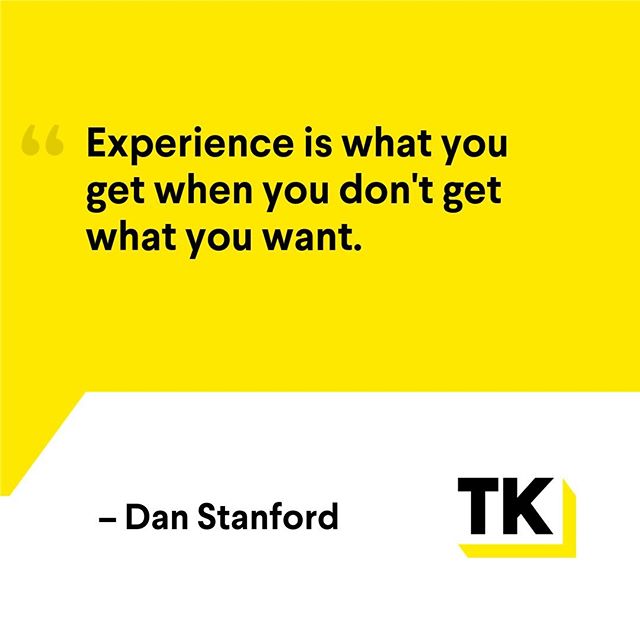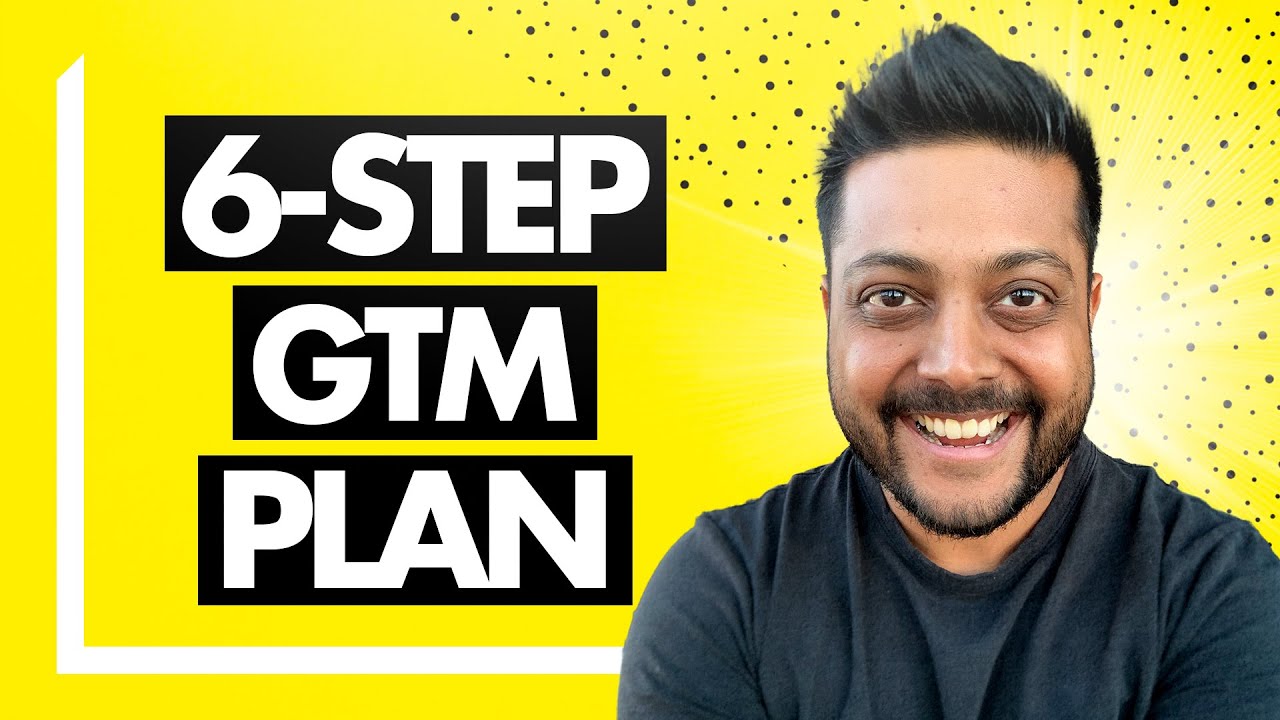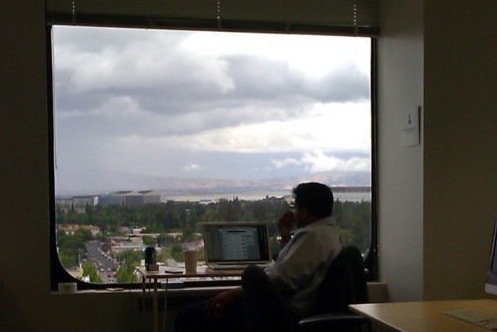
About four months ago, I packed up my bags, said goodbye to my friends, family, and wife in New York and ventured out to California.
I had been fundraising for Tout and during that process made the decision to join Dave McClure’s 500Startups accelerator program.
This post outlines my key thoughts and reflections on the overall experience of being part of Batch 001 of the 500Startups Accelerator Program.
Note that this is a seriously long blog entry, so you may want to skim through the headlines first and then zoom into the parts you are interested in.
Thoughts on startup accelerators in general
Tout is not my first company. It is actually my 3rd startup, and the 4th company I (co)founded.
Out of the 4, one completely failed, one had an exit and one proved to be a very successful family business for a long period of time.
So naturally, whenever I came across suggestions to “apply” to accelerators/incubators like YC, TechStars or any others, I always felt that it’d be more of a distraction.
However, when Dave offered to invest in Tout he also casually asked “why not spend the summer in California and do the accelerator program?” I really had to stop and think. Hmm… why not?
After having gone through the program, I’ve found that the maturity of a company and the level of experience of the entrepreneur is by and large irrelevant when it comes to deciding on whether to do an Accelerator.
An Accelerator gives you five key things (in order of value):
- Initial investment (although it may be costly)
- Advice/Guidance/Mentorship
- A natural forcing function (i.e. Demo Day)Â to rile up the troops and perform at non-human levels
- The “social card” that only Medical Students and Surgeons enjoy to get out of any of your social and life obligations
- Credibility for PR, More Investments, Recruiting
Now, as with any other business decision, anyone that comes to me these days asking “Should I do YC/500/TechStars?” — I basically tell them “It depends on what your goals and needs are for your business.”
So, if you are pondering whether an accelerator can truly accelerate your business, you should figure out the top three goals you have for your business and then figure out whether any of the things above can help you achieve your goals faster.
After you’ve figured that out, it becomes a simple Cost/Benefit analysis of whether the amount of equity you give up is worth the amount of “acceleration” you receive. Simple.
Thoughts on 500Startups
I honestly don’t know what the true “pecking order” in the world is for 500Startups vs. TechStars vs YC and frankly I don’t care.
I viewed selecting accelerators the same way I viewed Fraternity rush back in College:
You don’t go pick the Fraternity with the biggest house, the raddest parties or the hottest chicks, you pick the house based on how good of a time you have AFTER the rush event is over when you’re just shooting the shit with the brothers.
You pick a Fraternity because of the people, and you should pick your Accelerator program or even your Investors based on the people. Its all about identifying common values.
Given that benchmark, I give 500Startups an “A-.” Â Over this past summer, I’ve met some of the most humble, most interesting and most intelligent people I have ever come across — all qualities that I deeply value.
You know you’re surrounded by great people when the ideas they are working on become irrelevant.
The ideas become irrelevant because as you talk to them you know that sooner or later, one way or another, this guy (or girl) is going to figure it out and make it rain.
And I think this very aspect of 500 is what makes it more than just another accelerator program or investment fund — this very thing is what makes it a family.
A family that is fornicating like mad to selectively establish blood lines across the globe.
“How does it feel to be Startup #89 in Dave’s 500?”
I used to get insecure when people snarkily asked me this question in the beginning of the summer.
Now I just laugh.
500 is a family. When you start to internalize the concept of a VC fund that is building a family you start to understand why that is a stupid question.
Most investment funds are built to function in a 1:N interaction model.Â
Dave is building a system to meet the needs of portfolio companies that fosters N:N connections rather than the traditional model of 1:N connection that partners in funds usually stick to.
When you start to think about building systems for N:N connections, everything including the scale at which you can execute drastically changes.
Things such as SMASH Summit, Inbox Love, 500’s Mentorship program, and even the Mailing List is just the beginning of building a system that supports these N:N connections — and I’m excited to see where Dave takes it.
So, just in case you want my official answer: It feels great.
Key Lessons Learned
Overall, the accelerator program was one of the best things I think I could have done for the long term viability of Tout.
While we were slightly ahead of most of the companies in the batch in terms of product, Tout was way behind in terms other core foundational things such as having a team and having a full understanding of why we exist.
Going through the program helped myself start to clarify our long term vision, think and re-think through the “A-Z” acting as if we just started, and even start to build out a core team around the company.
With all things turning out “as expected,” I still think its important to always pause and reflect. So, here are the high leven take aways that I think are important to mention:
Lesson #1 – In business, a sprint is almost never worth it.
Through the summer, Derek and myself ran a serious sprint. We lived and breathed Tout 24 hours a day, pretty much checked out of our social responsibilities and cranked out features, code and updates at a ridiculously ridiculous pace.
Needless to say, when Demo Day arrived and went away, we slowly came out of trance and came to realize that the level of productivity we saw through the summer didn’t come at a low cost.
We were totally consumed by Tout and I don’t regret a moment of it.
But if I were to do it again, I’d figure out a better way to harness all that energy and make sure we ran it more like a marathon than a sprint.
Unless you are building a “built it and flip it” company — something I am fundamentally opposed to anyway, you shouldn’t run a sprint.
Lesson #2 – Demo Day is a day, which means there is a “Day after Demo Day”.
This is one place where I have to seriously ding Paul and Dave. To us Freshmen, the way Demo Day was described to us was sheer mania.
Investors, craziness, pitches, checkbooks, checks being written, deals getting done, cow bells being rung because of the funding coming in.
The truth is most of the things that will happen ON Demo Day will happen because of what you did leading up to Demo Day (by forging relationships and starting conversations).
And anything else that you expect to happen around fundraising will actually happen AFTER Demo Day as you start to have more detailed conversations.
You can argue here that “Wait a minute! Thats not how it works at YC Demo Day… people really do write checks on the spot” — yes, they do.. but thats only for the Top 10% and maybe 5% of the class.
And let’s be honest, they didn’t need Demo Day to make that happen, that was going to happen anyway.
So, related to #1, realize that there is preparation to be done leading up to Demo Day (always be raising), and make sure you save your real energy for the weeks after Demo Day.
It is a marathon, not a sprint.
Lesson #3 – An Accelerator is just the Lubricant. You still have to have the Sex.
Pardon me for being explicit here but there is really no better way I can phrase it. Within the first week of the program, I came up with my “wishlist” from 500.
Meaning, the accelerator program can enable you to move faster through your game plan, but you still have to drive the car, run the company, put in the gas and actually know where you want to go.
With that said it is also important that you hold the people running the program accountable and give them feedback (Dave and Paul will be getting a book from me in addition to this blog post).
You gave them a good chunk of your company, make sure you make them work for it and you get your money’s worth.
Lesson #4 – When it comes to Early Stage, California is a better bet even if it is temporary.
I’m a New Yorker. I have lived in New York since age 10. I went to College in New York. I love the New York tech scene. In fact, that is where I got my start.
However, I have to be honest.
When it comes to early stage, when you are at the very beginnings of your idea, you are going through the “Shawshank Crawl” — you’re dealing with all kinds of shit, figuring things out as you move along, and there are tons of unknowns and very few things working.
When you are at this stage and unless you are seeing instant success (i.e. you are the rare lucky one), there is only one kind of investor that truly understands what you are going through and has the mental capacity, context and extrapolation skills to figure out whether you are a good bet or not.
That investor is the guy (or girl) that has built a company already, been through the same “Shawshank Crawl” and now can invest in you.
New York has very few of these investors.
Instead, what you have are investors that ask you questions that you obviously do not have answers to because they just don’t know any better.
It’s the same reason why Boston lost the Zuck, and the same reason why New York still loses great entrepreneurs today.
This will get better. It will only get better as more NY entrepreneurs exit and as more entrepreneurs that came FROM New York exit (I’m looking at you Matt M.) and then go back to NY to invest.
This will also get better as more California investors look to NY companies and set up shop there (this is starting to happen too).
So, on a macro scale, New York is getting better. But when I’m giving advice 1on1 to an entrepreneur I believe in and care about, I tell them: go to California. Spend at least a summer there.
Lesson #5 – Using the Accelerator as a point of leverage works
Regardless of which state you are actually in as a company, being in an Accelerator paints the picture of an extremely early stage scrappy startup.
So, make sure you use that to your advantage in all your negotiations.
Use it with customers to make them feel like they’re “getting in early” on something new and exciting, use it for recruiting to show not only as an opportunity to work for the company but also be part of the larger accelerator, and definitely use it to get price breaks.
At numerous points through the summer, each of our batch mates were able to negotiate significant discounts with various vendors for the WHOLE class just by asking for it.
It’s free exposure/marketing for them and well its money saved for you and your class.
In Conclusion
This has been a summer I will never forget.
It is also a summer that I could not have done without Derek Hopper being by my side slowly taking on the reigns around our engineering team and Margaux G. ramping up so quickly to take on our Community Management.
Most importantly, I definitely could not have gone through this summer without the unequivocal support of my wife Mahrin.
I’m more excited than ever with where we are headed with Tout, but regardless of what happens next, to all of our batchmates, to Dave, Paul and everyone else at 500, and to Team Tout: It has been an honor.
Although 2011 is already turning out to be quite different than I laid out in my original plan for the year, I will never forget the summer of 2011.
Now, let’s go Make It Rain.
Related Articles:
- How I made a Principled decision to quit my Six Figure job
- I quit my job. Shipped 2 products. Launched a Services business with clients. Now what!?







